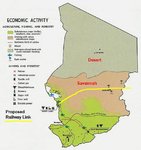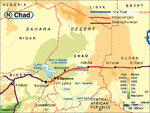- Thread starter
- #661
syscom3
Pacific Historian
Going by boat from San Fran to Sydney is far simpler than having to unload then reload again across a railroad that would be vulnerable to damage and service interruptions. And thats assuming the ports on either end of the rail line can handle the tonnage.
And the US Pacific fleet is going to be supplied through Pearl Harbor which is a couple of thousand miles nearer to the action.
Your trans African railroad makes no sense for the US, in any capacity.
And the US Pacific fleet is going to be supplied through Pearl Harbor which is a couple of thousand miles nearer to the action.
Your trans African railroad makes no sense for the US, in any capacity.




